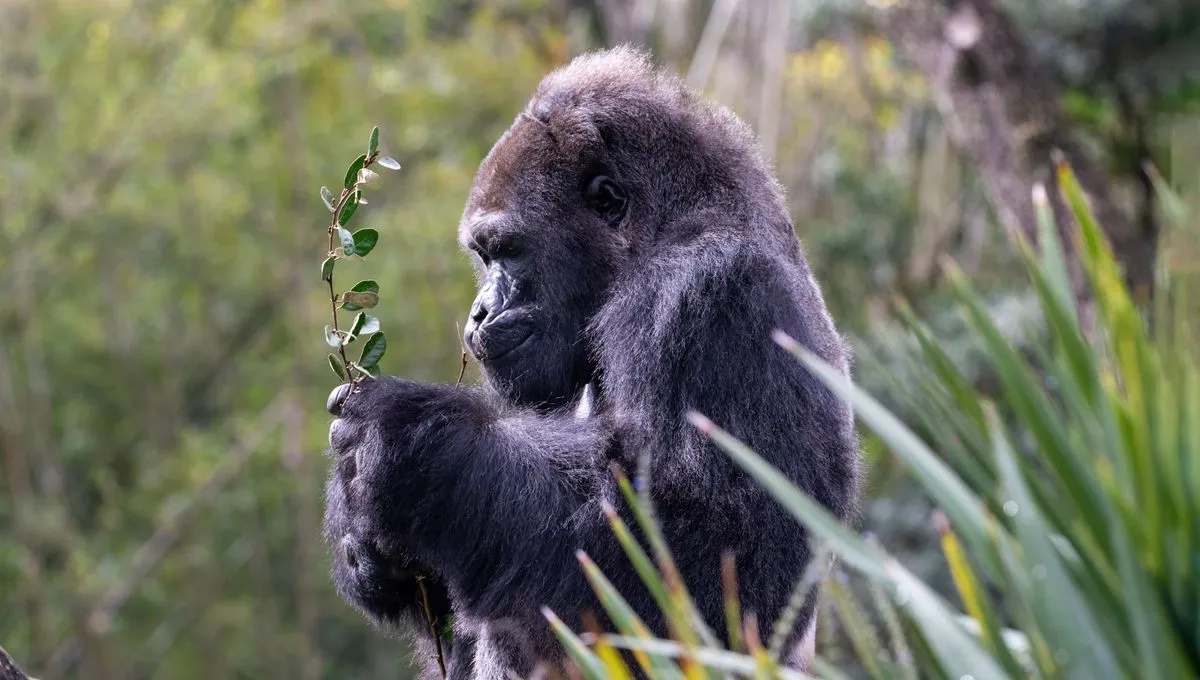Uncovering Antimicrobial Resistance in Animals: Gorillas and Traditional Medicine

Animals and Antimicrobial Resistance: The Role of Gorillas
In recent studies, it has been observed that animals, specifically gorillas, engage in self-medicating behaviors by consuming certain plants known for their antimicrobial properties. These plants, often used in traditional medicine, include:
- Ceiba pentandra (fromager tree)
- Myrianthus arboreus (giant yellow mulberry)
- Milicia excelsa (African teak)
- Fig tree
This fascinating behavior highlights the ancient knowledge embedded in the natural world and its significant potential in combating antimicrobial resistance.
Linking Wildlife and Human Health
The findings emphasize the need to view wildlife as contributors to medical research and health trends. The connection between gorillas and traditional healing practices underlines the potential for novel approaches in disease prevention and wellness.
Disclaimer: The information provided on this site is for informational purposes only and is not intended as medical advice. We are not responsible for any actions taken based on the content of this site. Always consult a qualified healthcare provider for medical advice, diagnosis, and treatment. We source our news from reputable sources and provide links to the original articles. We do not endorse or assume responsibility for the accuracy of the information contained in external sources.
This article was prepared using information from open sources in accordance with the principles of Ethical Policy. The editorial team is not responsible for absolute accuracy, as it relies on data from the sources referenced.